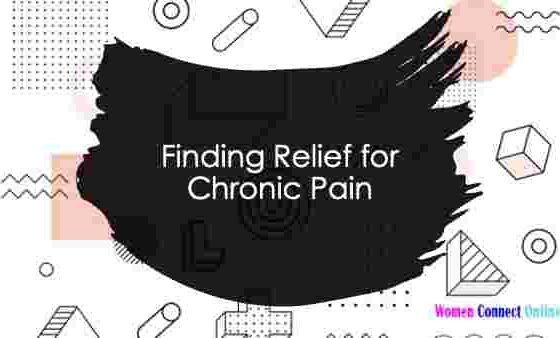Healthy, Happy Kids: 5 Ways Parents Can Teach Positive Life Skills Now

There’s no denying that our childhoods shape us. Numerous psychological studies show that the skills we develop during childhood stay with us throughout adulthood. The role of social bonds in children’s lives cannot be understated. As parents, the impression of security, self-confidence and capability we instill will influence the type of people our children grow into.
You can teach your young ones how to become more positive, well-adjusted adults capable of handling stress, overcoming obstacles and enduring hardship. Best of all, teaching these five positive skills are also an important exercise that will help you become happier, too.
The Importance of Physical Exercise
Childhood obesity is not something that typically disappears. Obese children will often stay overweight as adults. This contributes to a wide range of health problems including type 2 diabetes, heart disease and even certain types of cancer.
The Center for Disease Control and Prevention recommends children between the ages of 6 and 17 get at least 60 minutes of moderate aerobic exercise every day. Making exercise fun early on can help kids beat obesity, prevent illness and carry an active and health-conscious mentality into adulthood.
Start working out as a family. Go for jogs, play soccer in the park, go swimming or take family bike trips together. There are so many ways to get active that make great bonding moments.
How to Eat Healthy
Don’t just tell your kids that sugar is bad and move on with the conversation. Kids are always asking “why,” so get interactive and help them understand the effects of poor diet on the body. Tell them how good foods can help them.
Fast food and processed snacks do nothing to nourish a growing mind and body. Learn how to eat better as a family by meal-planning and cooking together. Learning to and learning why they should eat healthy early will help them develop a love for healthy foods and healthy eating habits.
Coping Mechanisms for Stress
Kids have plenty to worry about, an, as they grow, they will start becoming more and more familiar with feelings of stress. Learning to accept stress and worry as a part of life will help reduce shame and make kids more comfortable with talking about their feelings.
Childhood coping strategies for stress can make schoolwork easier and decrease feelings of insecurity. Try talking to your child and introducing the concept of stress using and online guide by the American Psychological

Association.
Make sure you practice active listening. Reflect your child’s words and help them learn to process their own thoughts and feelings. Respond kindly, and always make sure you practice humility. Your kids might be kids, but they’re also human beings. They need to feel like their opinions, feelings and thoughts are valid and appreciated regardless of their age.
Encourage Positive Personal Health Habits Now
Don’t under stress the importance of taking care of yourself. Eating well, staying active, bathing regularly and practicing good oral hygiene are all important skills for children to learn. Think about how often adults have to research the importance of so many life skills.
The sooner kids learn why they should brush their teeth or make healthy eating choices, the better off they’ll be. None of these things will become chores later. Instead, healthy living will just be the standard.
A great way to encourage your children to practice good habits is to lead by example. Children will often pick up behavior from their parents. For example, if you show them that you brush your teeth every night and regularly go to the dentist, they will want to brush their teeth every night and be more comfortable visiting your family dentist as well.
Take Care of Mental Health
Mental health exists all the time. Our mental state impacts how we communicate, how we think, how we process emotions and so much more. It’s when we have a decline in mental health or develop mental health issues that we need to take action. Talking to kids about mental health can break down stigma early and raise a healthier generation.
There’s no shame in struggling, and when we teach our kids that mental health is something everyone shares, they learn how to be more in-tune with their feelings as well as more empathetic toward others.
Not sure how to get started? Check out online resources and consult child therapy professionals in your area.
Experience bears wisdom, but that wisdom is meant to be imparted on the younger generation. We don’t have to teach our kids to be perfect and never repeat our mistakes. Instead, we can use our own most important life lessons to create kinder, wiser individuals who are more equipped to handle all the challenges and hardships life may throw at them. As you try to teach your children positive life skills, think about what you wish you would have been told as a kid and start from there.







